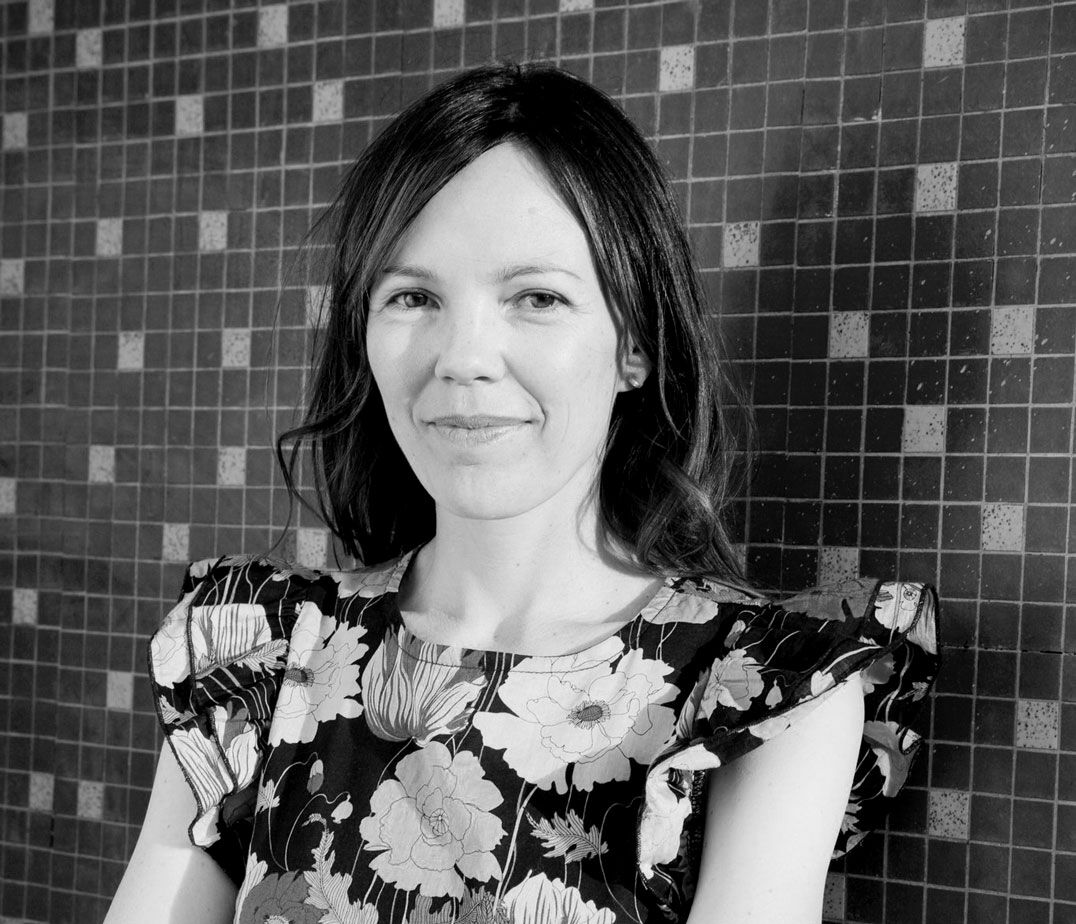Rebecca Mills comes from a big family. When she was a little girl she would sit under the dinner table and observe everyone, always acutely aware of what was going on around her.
When Rebecca was nine years old she remembers Bob Geldof’s Live Aid having a profound effect on her. Live Aid was organised in 1985 to raise funds for relief of the Ethiopian famine. Billed as the “global jukebox”, the event was one of the largest-scale satellite link-ups and television broadcasts of all time: an estimated global audience of 1.9 billion across 150 nations watched the live broadcast.
Seeing those images of starving people on the telly stirred up emotions she had never felt before, and whilst she wasn’t able to make complete sense of that pang in her stomach, she knew it wasn’t right, and she realised how lucky she was to be living in New Zealand with a roof over her head and food on the table.
At nine years old Rebecca Mills held her first protest.
In trying to make a stand for the African people suffering in Ethiopia, she began sleeping on the hard floor in the washroom, with no blankets. The members of her family household would have to step over her, and she got given some firm warnings that if she carried on sleeping in the wash room she would get sick. She held out for a week.
“I realised my protest hadn’t had a real impact,” adds Rebecca, “but it got me thinking from that point on about relativity, and how I might help other people.”
Rebecca graduated from the University of Waikato in 2000, with a Master of Science, and an A++ for her Masters Thesis - the highest mark awarded in Science and Technology for the preceding 15 years.
Straight out of Uni, Rebecca was managing some of the biggest energy projects in New Zealand. Two years later she was taking on the world.
During her stint in London, 2001 to 2009, Rebecca managed a team that looked at impact assessment of major development sites, and during that time realised that the future of creating more liveable, regenerative cities was more achievable by highly targeted and mutually beneficial collaboration with the private sector.
“The redevelopment of London’s Greenwich Peninsular was the biggest planning application submitted in Europe at its time,” says Rebecca. “In working on that project I realised the power of entrepreneurship.”
She went on to lead the team that designed the standards for the first UK Eco region called the Thames gateway. Her work was also instrumental in establishing direction for energy and sustainability for London’s 2020 Olympics.
Fast forward to 2010, and Rebecca was the founding strategist of Richard Branson and Jochen Zeitz’s B Team. Its mission is to catalyse a better way of doing business for the wellbeing of people and the planet. During those two years she worked on this project they recruited a group of remarkable leaders; including Professor Muhammad Yunus, Arianna Huffington, and Paul Polman, to help accelerate a future where the purpose of business is to be a driving force for social, environmental and economic benefit.
More recently Rebecca was nominated to curate New Zealand’s ‘global shapers’ on behalf of the World Economic Forum, and will be heading to Geneva straight after TEDxAuckland. This is the first time New Zealand will have a presence in this capacity.
Based out of Auckland, Rebecca is currently working on open source, scalable solutions in collaboration with a breakaway pack of innovators.
“I see New Zealand as a petri dish where we can incubate and scale ideas and solutions for the rest of the world. For example, how do we create low carbon flourishing cities, and then use this model to scale rapidly to other cities?”
Rebecca’s talk at TEDxAuckland on the 16th of August is anticipated to be both bold and challenging, and transformative if you choose to accept the baton.
By Jamie Joseph
